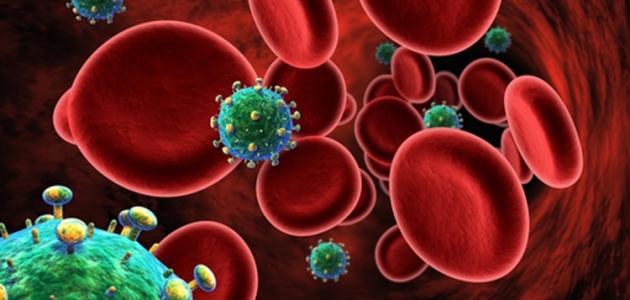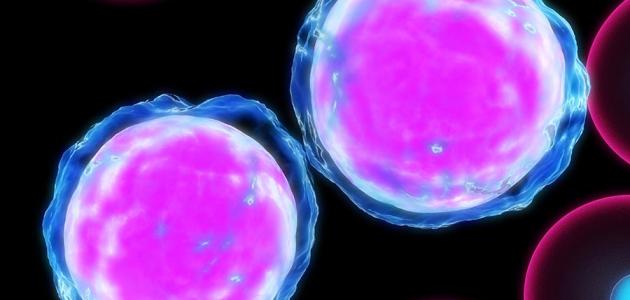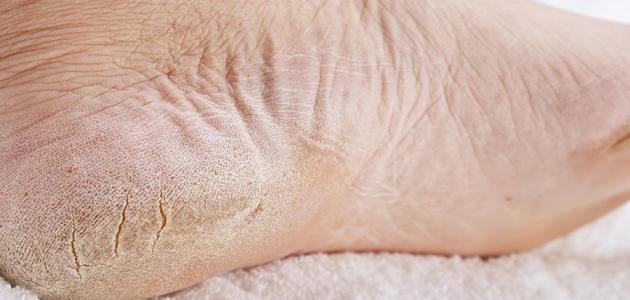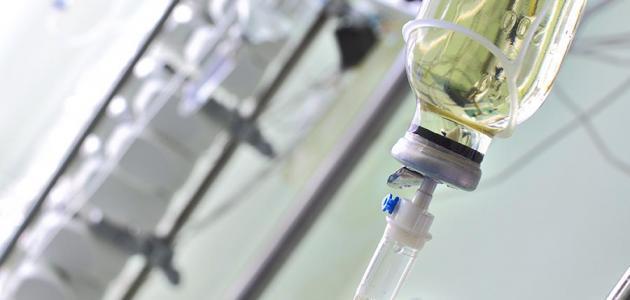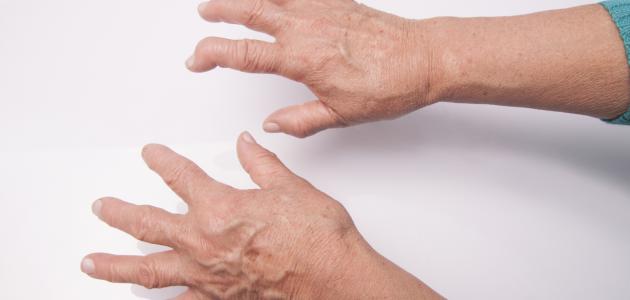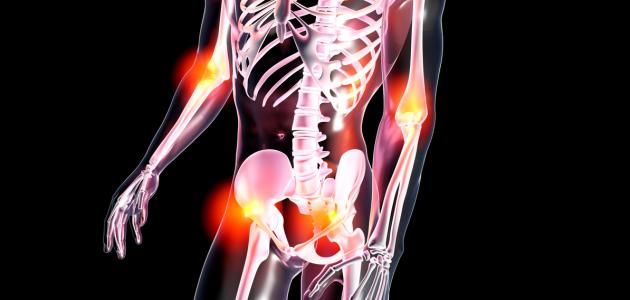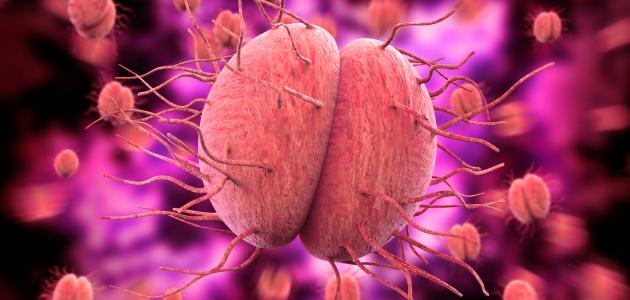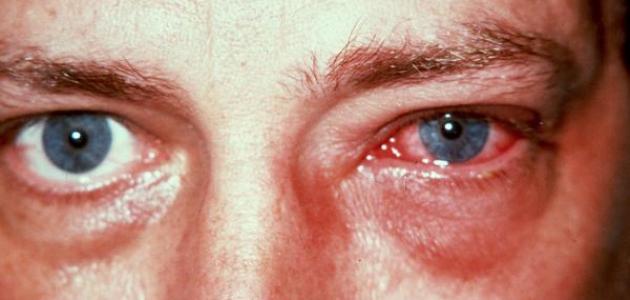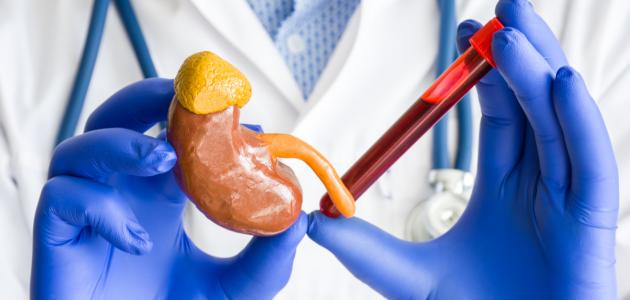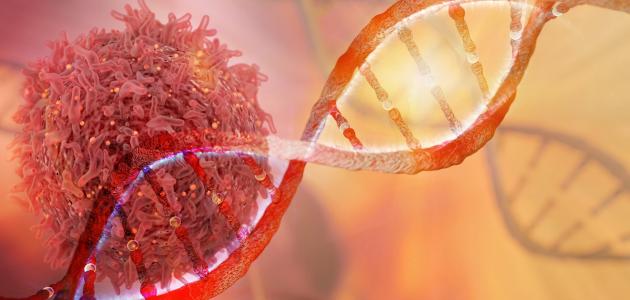Contents
HIV
The immune system in the human body includes the spleen , tonsils, bone marrow, and lymph nodes, and these organs make and secrete lymphocytes , which are one of the types of white blood cells , which attack foreign bodies such as bacteria, viruses, parasites, and cancer cells Lymphocytes have two types: B cells and T cells , and the B cells produce antibodies to disease that affects the body, while the T cells destroy or attack foreign or abnormal cells, and what happens in immunodeficiency Immunodeficiency) is a disruption of the body's ability to resist these foreign bodies, which in turn prevents the body from fighting infections and diseases. [1]
Types of immune deficiency
Immunodeficiency diseases are divided into primary immunodeficiency disorders, which are produced at birth or due to the presence of a genetic factor, and have more than 100 types, and secondary immunodeficiency disorders that result from an external stimulus such as substance Toxic chemical or infection, including severe burns, chemotherapy, diabetes, and others. [1]
Primary immunodeficiency
Some primary immunodeficiency diseases are of moderate severity and can not be noticed until years later, and others appear directly on the patient immediately after birth, and primary immunodeficiency diseases are often transmitted from one or both parents, as genes play an important role in this type of immunodeficiency. It is not possible to prevent or avoid these diseases, but some healthy practices are useful in preventing infection resulting from weak immunity by following the following tips: [2]
- Pay attention to personal hygiene, by washing hands with soap after entering the toilet and before eating.
- Brushing the teeth at least twice a day.
- Eat healthy, balanced food.
- Doing sports activities.
- Get enough sleep by trying to sleep at the same time and for the same number of hours each day.
- Managing psychological stress.
- Avoid crowding and exposure to infected people.
- Ask the doctor about vaccinations.
It is worth noting that it is advisable to see a doctor in the event of a recurring or severe infection, or an infection that does not respond to treatment, as early detection of a primary immunodeficiency disease and the start of treatment may prevent infections that cause long-term problems, and treatment depends on the immune system ; Many infected people can live almost normally. [2] An example of these diseases is the common variable immune deficiency (CVID), in which children with it are exposed to infections in the ears, eyes, nose, lungs, and others. Of the organs, and its treatment depends on the patient being regularly injected with antibody needlesTo compensate for its deficiency, the Severe Combined Immune Deficiency Syndrome (SCID), which people with it often die before reaching the first year of life, and a new bone marrow transplant for the affected child may provide a cure for this disease in some cases. [3]
Secondary immunodeficiency
Any factor that weakens the immune system may cause secondary immunodeficiency, such as exposure to other people's body fluids contaminated with HIV that results in HIV infection or what is known as AIDS ) AIDS), and secondary immunodeficiency may occur as a result of removing the spleen, which is necessary in some cases, such as cirrhosis of the liver, and secondary immunodeficiency may also occur as a result of sickle cell anemia, or the spleen is damaged, and aging plays a role It also weakens the body's immunity; with age, some of the organs that produce white blood cells shrinkIt is worth noting that proteins are important for the immune system, and having less of them in the diet weakens the immune system, and in fact the body produces proteins during sleep Therefore, lack of sleep leads to a weakening of immunity, [1] and in general it is difficult to quantify the causes of secondary immunodeficiency, but it is known that infection with HIV and tuberculosis have the largest role in causing secondary immunodeficiency. [3] [4]
Secondary immunodeficiency is common in hospitalized patients in the following cases: [3] [4]
- Malnutrition is the most common cause of immunodeficiency .
- Lymphoma .
- Taking certain medications, such as immunosuppressant drugs.
- Metabolic disorders.
- Undergo major surgery.
- Loss of protein due to a disorder, including Nephrotic Syndrome.
Symptoms and diagnosis of immunodeficiency
The symptoms associated with immunodeficiency vary according to the underlying disease, and the symptoms may be frequent or chronic, and the symptoms that may appear on the patient include sinusitis, cold, diarrhea, pneumonia, yeast infections, and others, and in fact the doctor By examining the patient for the presence of immunodeficiency disease in the event that these symptoms are present with their non-response to treatment or their lack of improvement over time, and to diagnose the disease, the doctor may do the following: [1]
- Asking about the medical history.
- Do a clinical examination.
- Measurement of white blood cell count.
- Measure the number of T cells.
- Measurement of immunoglobulin levels .
- Antibody test, and in this examination the patient is given a specific vaccine, and the doctor waits for the body to respond to the vaccinated within a few days or weeks through a blood test, and in the absence of a disease associated with immunodeficiency, the body will produce antibodies to attack the living organisms In the scion.
References
- ^ A b T w Elea Carey (30-8-2016), "Immunodeficiency disorders" , Healthline , Retrieved 8-12-2017. Edited.
- ^ A b Mayo , Clinic Staff (20-1-2015), " the Primary Immunodeficiency" , Mayoclinic , Retrieved 8-12-2017. Edited.
- ^ A b v "What Are Immune Deficiency Disorders?" , webmd , 9-2-2017, Retrieved 8-12-2017. Edited.
- ^ A b The Laurence Knott 's (23-10-2015), "Immunodeficiency" , by patient , Retrieved 9-12-2017. Edited.
